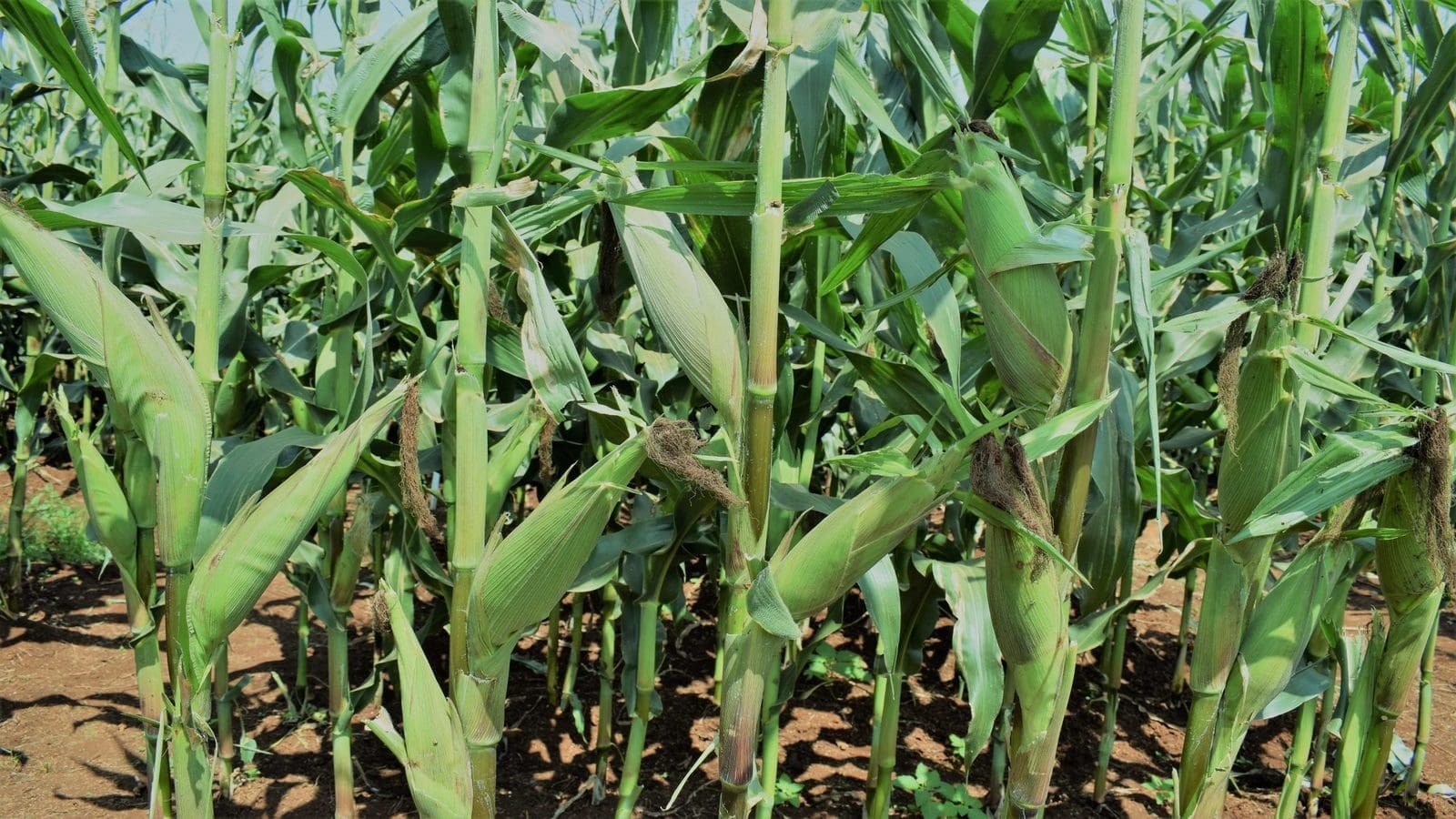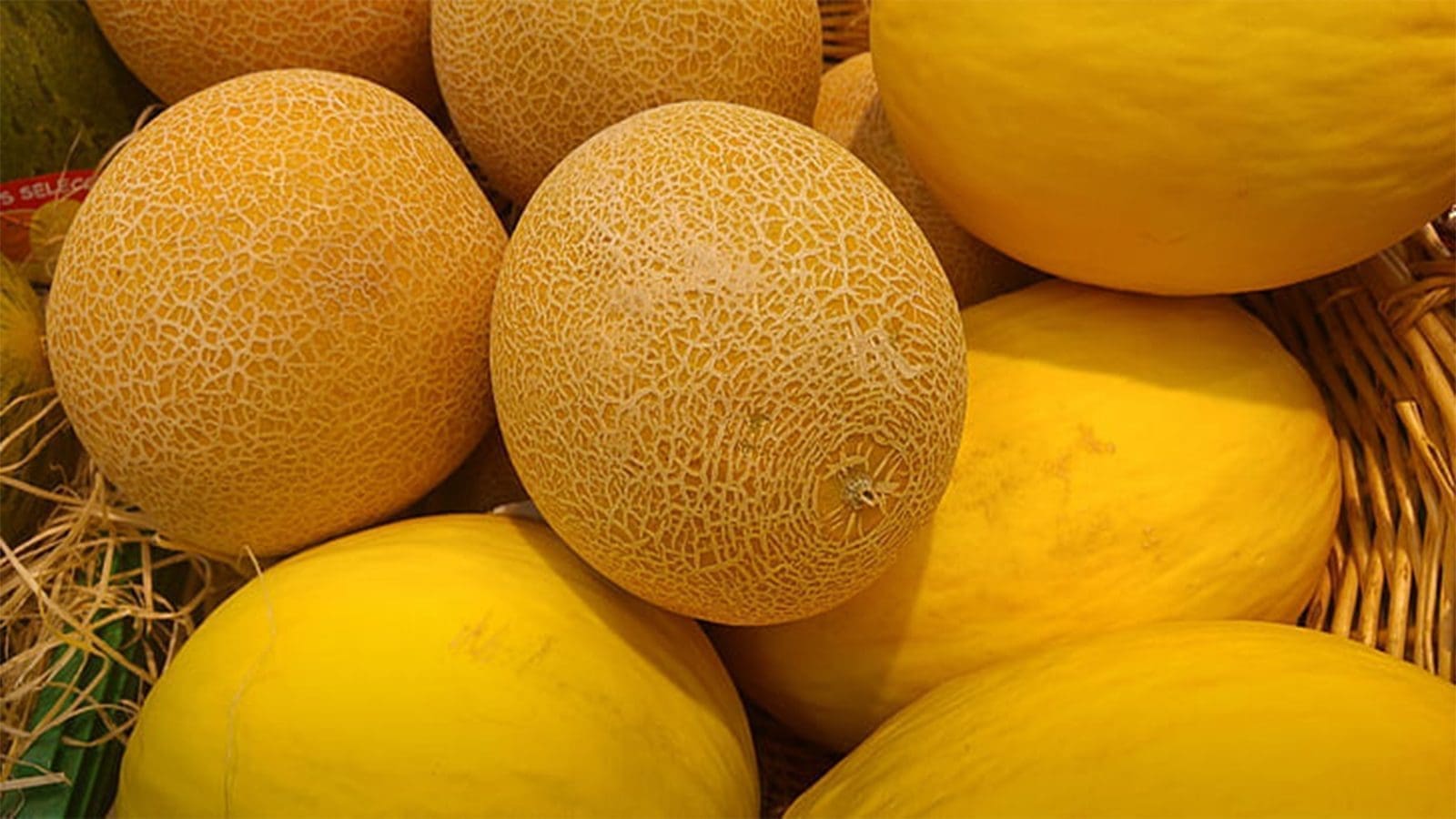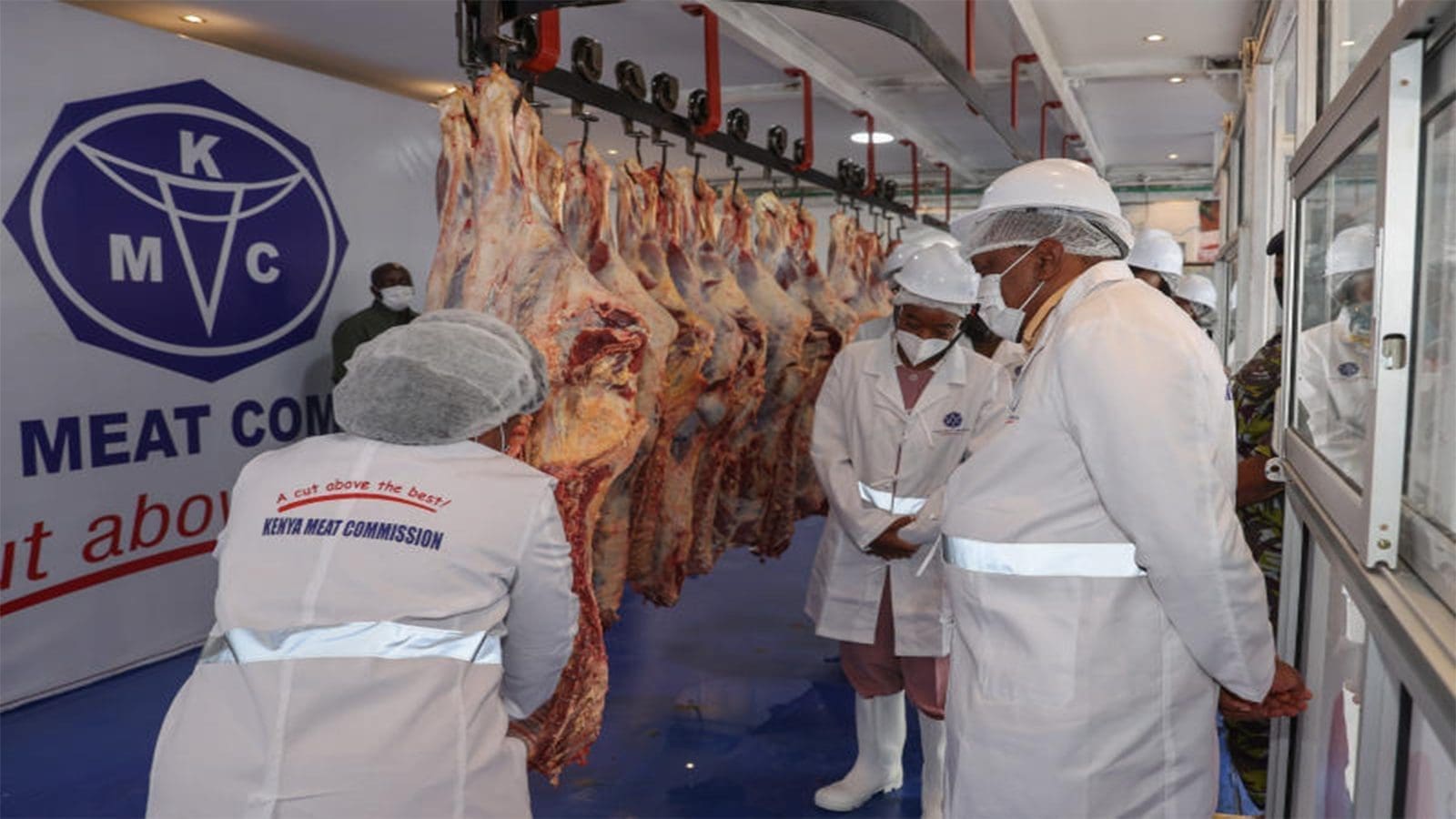BELGIUM – The federal authorities in Belgium have granted permission to perform three new field trials with genome-edited maize to confirm that these maize plants are more resilient to climate stress and better digestible when exposed to actual field conditions.
The effects of climate change have a major impact on agriculture. Crops are subjected to more prolonged periods of drought and exposed to increasing amounts of DNA-damaging UV rays, to name some examples.
These conditions cause stress, which hampers proper development of the plants and reduces crop yields. To safeguard our future food supply, agriculture is in need of climate-resistant solutions.
In early January, VIB submitted applications to conduct 3 field trials with genome-edited maize. Observations in the greenhouse showed that the modified plants are more resistant to climate stress and are easier to digest.
The approved field trials will be conducted in close collaboration with the Flanders Research Institute for Agriculture, Fisheries and Food (ILVO).
They are part of research projects running at the VIB-UGent Center for Plant Systems Biology including the group of Prof. Hilde Nelissen, who aims for maize varieties that are more resistant to prolonged periods of drought.
Other projects include one by Prof. Lieven De Veylder who investigates how to increase stress-resilience when the plants experience DNA-damage caused by environmental conditions and research done by the team of Prof. Wout Boerjan in developing better digestible plants and plant-based products to support a bio-based economy.
Prof. Wout Boerjan is investigating whether they can generate plants with a reduced lignin content in their cell wall to make the sugars more accessible. After successful results in poplar, Prof. Boerjan now collaborates with the French seed company Limagrain to apply the same strategy to obtain more digestible maize plants.
The planned field trial will investigate whether the plants with lower amounts of lignin also perform well in the field and whether the lowering coincides with negative effects such as higher sensitivity to strong winds.
The field trials will be performed over a three-year time period. The maize plants in these studies are generated via the precision breeding technique CRISPR-Cas9, which allows targeted modifications in the plant’s genetic material.
By means of field trials, the effect of the genetic alterations on the complete life cycle of the plant can be estimated, in real agricultural growth conditions.
The trials were authorized by three federal ministers for Health, Environment, and Agriculture after favorable opinions from the Biosafety Advisory Council.
Having access to precision breeding methods based on genome editing is considered to be very important for the future of agriculture, as it can speed up the development of crops with climate resistance or other characteristics that improve the sustainability of our food systems.
Liked this article? Subscribe to Food Safety Africa News, our regular email newsletters with the latest news insights from Africa and the World’s food safety, quality and compliance. SUBSCRIBE HERE








